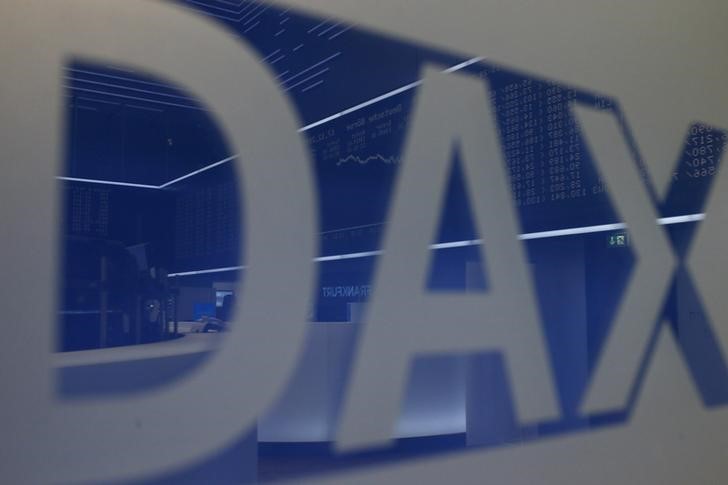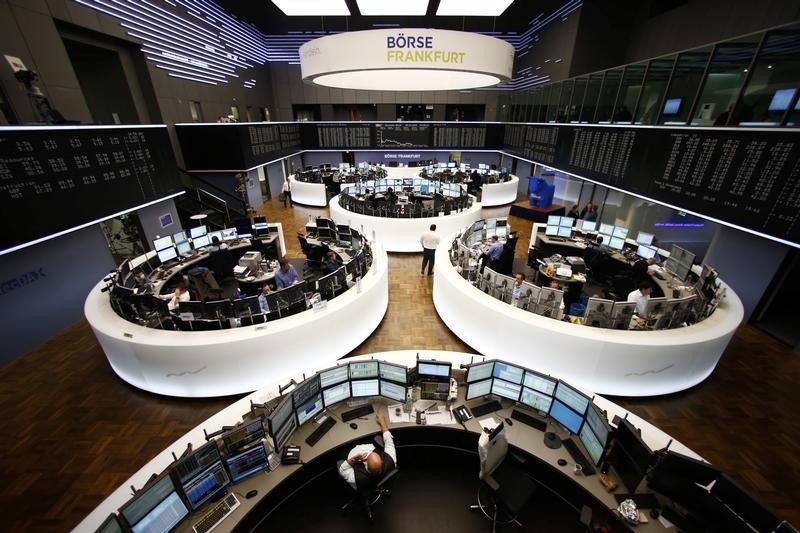By Sudip Kar-Gupta
LONDON (Reuters) - European stock markets were steady on Tuesday, kept afloat by stronger energy stocks which rose as oil prices climbed on the possibility of output cuts.
The pan-European FTSEurofirst 300 index (FTEU3) rose 0.2 percent, building on a 6 percent rise made over the last two sessions.
The shares of oil companies were among the best performers in Europe.
BP (L:BP) rose 2.9 percent while Total (PA:TOTF) advanced 2.2 percent, as a meeting of the oil ministers of Saudi Arabia, Russia, Qatar and Venezuela heightened speculation of output cuts.
Qatar, Saudi Arabia, Russia and Venezuela agreed to freeze their oil output at January levels providing other major producers follow suit, Qatar's energy minister said on Tuesday after a meeting of those countries' energy ministers.
The closed-door meeting, which started in Doha, comes after more than 18 months of declining oil prices that has knocked two thirds off benchmark crude futures. Those prices had fallen on concerns about oversupply and a slowing global economy.
"Output cuts are possible and I believe that oil prices will rise further down the road. My preferred stocks in the sector are Total and Exxon (N:XOM), while BP is also interesting," said Francois Savary, chief investment officer at Geneva-based Prime Partners.
Shares in Vodafone (L:VOD) slipped slightly after the British phone network operator agreed to combine operations in the Netherlands with Liberty Global (O:LBTYA), with Vodafone paying 1 billion euros ($1.12 billion) in cash to Liberty.
However, shares in French telecoms group Orange (PA:ORAN) rose slightly after Orange returned to core profit growth a year earlier than planned. Orange added it was still in talks to buy Bouygues Telecom (PA:BOUY).
In spite of the market rebound of the last few sessions, the FTSEurofirst remains down by 11 percent since the start of 2016, because of worries over a global economic slowdown and the health of Europe's banking sector.
Some strategists remained cautious, with JP Morgan analysts saying they would not buy into the European banking sector at present, given pressures on banks' profitability from negative interest rates and weak financial markets.

